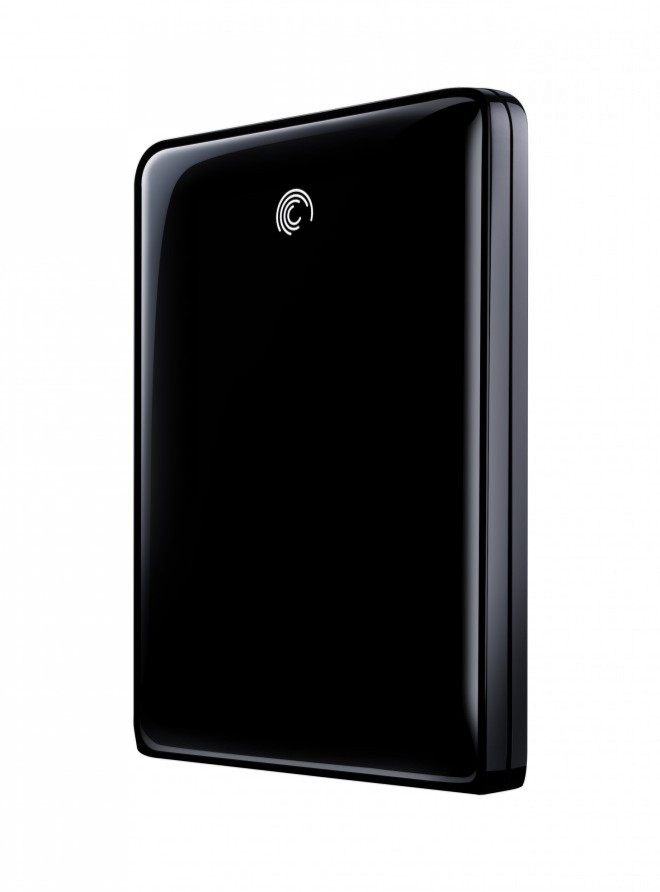Seagate ending buyout talks not a surprise: analyst

Seagate' (STX) announcement that it has ended talks with private equity group over taking the company private is not exactly a surprise, an analyst with ThinkEquity said.
On Wednesday, Seagate said it has terminated discussions with private equity (PE) firms regarding a going private transaction, as the two parties could not agree to a valuation range. Meanwhile, the hard disk drive (HDD) maker said it will buy back as much as $2 billion of its common shares.
On Oct.14, Seagate said it has initiated talks with an unnamed party to take it private. Reports from Bloomberg said private equity firms TPG, Kohlberg Kravis Roberts and Bain Capital are among those interested for the hard disk drive maker.
Seagate said it hired Morgan Stanley and Perella Weinberg Partners to advise them on the deal, which would have been the Seagate's second leveraged buyout (LBO) in a decade.
The termination of STX's LBO discussions with PE firms is not exactly a surprise to us considering the prevailing weak fundamentals of the HDD industry, in our view. We believe a combination of weak PC demand and industry overcapacity are likely to persist in the near-term, which make future free cash flow (FCF) at the HDD players highly uncertain, analyst Rajesh Ghai wrote in a note to clients.
Besides the weak fundamentals that have crimped industry gross margins in recent quarters, the analyst said the potential for private equity investors to squeeze cost out of STX was also limited considering the restructuring at the company last year.
..any valuation that did not take into account the normalized FCF of the company (about $1.2 million annually in our estimate) would have been unacceptable to STX's management and shareholders, Ghai said.
Meanwhile, Seagate said it believes that the demand for hard disk drives has improved, and the current expectation for the total available market in the December 2010 quarter is approaching 170 million units. Additionally, supply and demand appear to be well balanced, with the company's inventory across all channels at or below targeted levels.
As such, for the December 2010 quarter, the company expects revenue to be at least $2.7 billion and gross margin as a percent of revenue to be at least 19.5 percent.
However, Ghai has different views and said the company's gross margin outlook reflects pricing pressure resulting from industry demand-supply imbalance contrary to the Seagate's claims of well balanced supply and demand.
Although we are encouraged that the company estimates the HDD total addressable market for 2QFY11 to grow sequentially to 170 million units from 165 million units in 1QFY11, the fact that the company expects revenue to be in-line with Street consensus estimates ($2.7 billion) and gross margins to decline further by 100 basis points sequentially to 19.5 percent indicates to us that overcapacity and resulting pricing pressure issues are far from over, the analyst said.
Ghai, who has a hold rating on Seagate stock, has cut the price target to $14 from $16.
Seagate, which has a market capitalization of more than $6 billion, is facing intense competition from rivals such as Western Digital Corp (WDC). On Oct. 20, Seagate reported lower-than- expected quarterly profit and sales at 37 cents a share and $2.7 billion, respectively.
Following the collapse of buyout talks, shares of California Seagate fell 6 percent, or 83 cents, in the Monday's after hour trading. They ended Monday's regular trading session at $13.86.
© Copyright IBTimes 2025. All rights reserved.





















